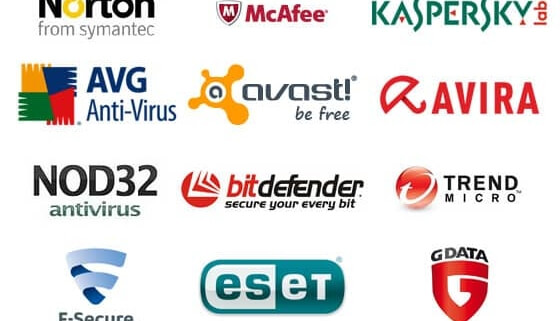What should we be using for virus protection?
This is a complicated question and the answer depends on how you use your computer. Personally, I haven’t used Norton or McAfee in years. Both of those anti-virus programs are extremely resource-intensive and make day-to-day use of the computer challenging.
I recommend the following:
- Always update your devices. If there’s an update available, run it. Most updates exist because a security loophole has been identified. The bad guys look for the weakest defenses. Follow this for all of your devices – PCs, Macs, iPhones, Androids, etc.
- Set up your computer so that you are not the administrator. Most programs – even the bad ones – need administrator-privileges in order to run. If you accidentally download something, it will prompt you for an administrator password.
- Do not download programs that are free. There’s always a hidden catch. Nothing is free. You might be installing a malware toolbar (this is common) along with your free program.
- Use Windows Defender if you have Windows 7 or Windows 10. Just use the built-in anti-virus software and uninstall your other programs if you have a newer computer running one of these two operating systems.
- Back-up and prepare for the worst. Visit carbonite.com and use code TWIT.. Set up an online backup for your most critical documents and make sure you have copies of your operating system and other software.
- Use common sense. If something looks fishy it probably is phishy. Don’t click links in emails that look strange or come from people you don’t know.



